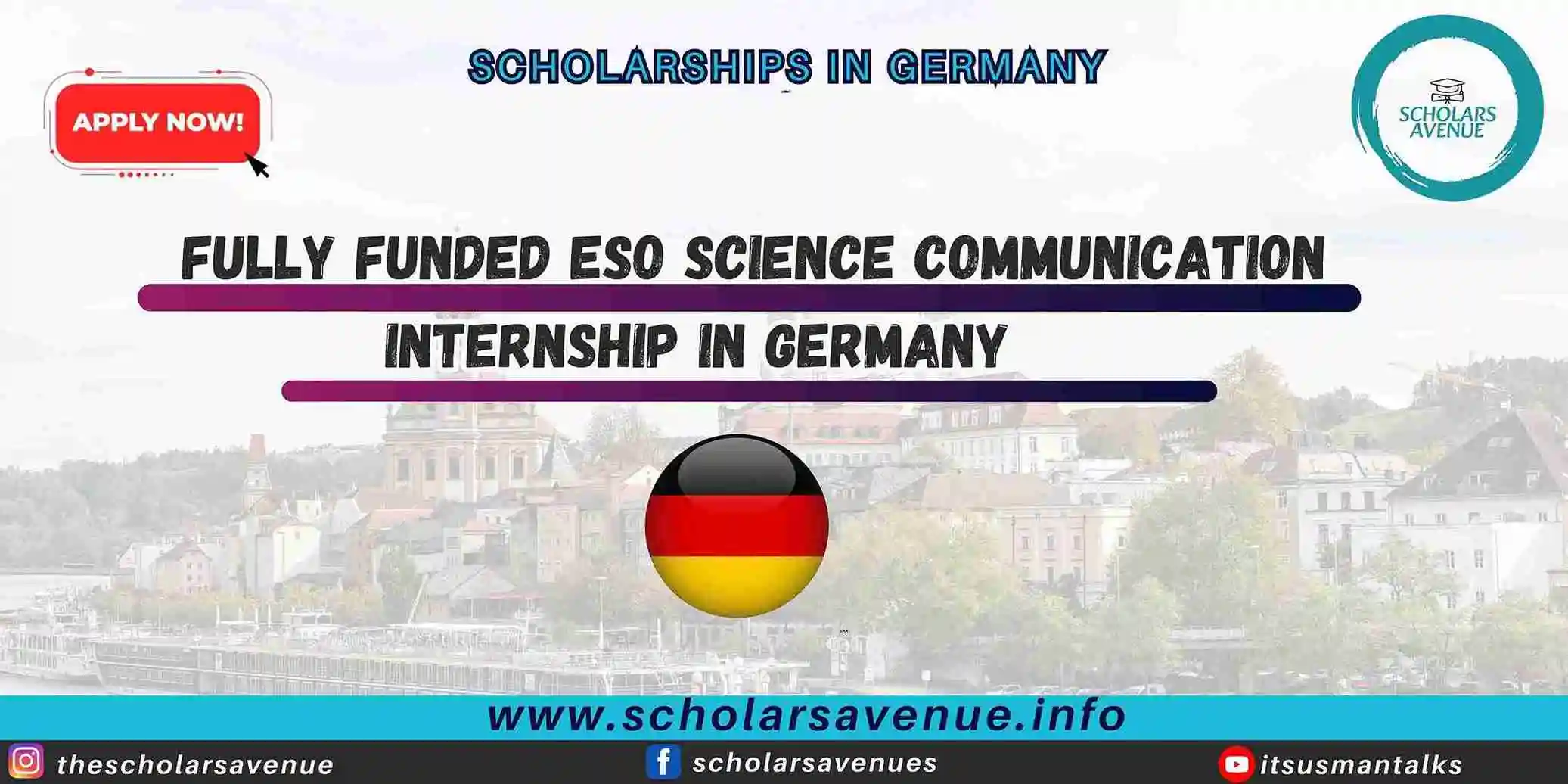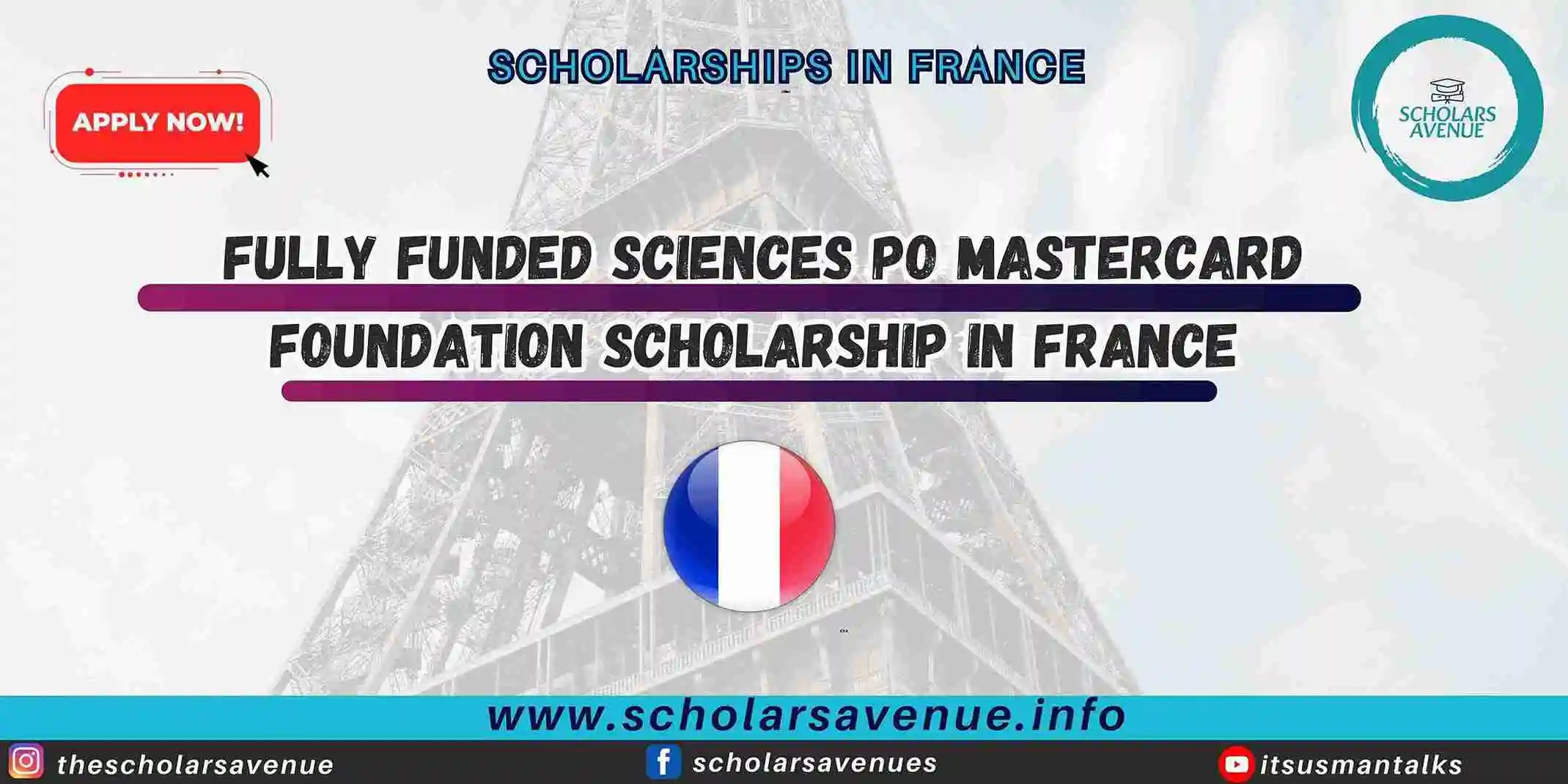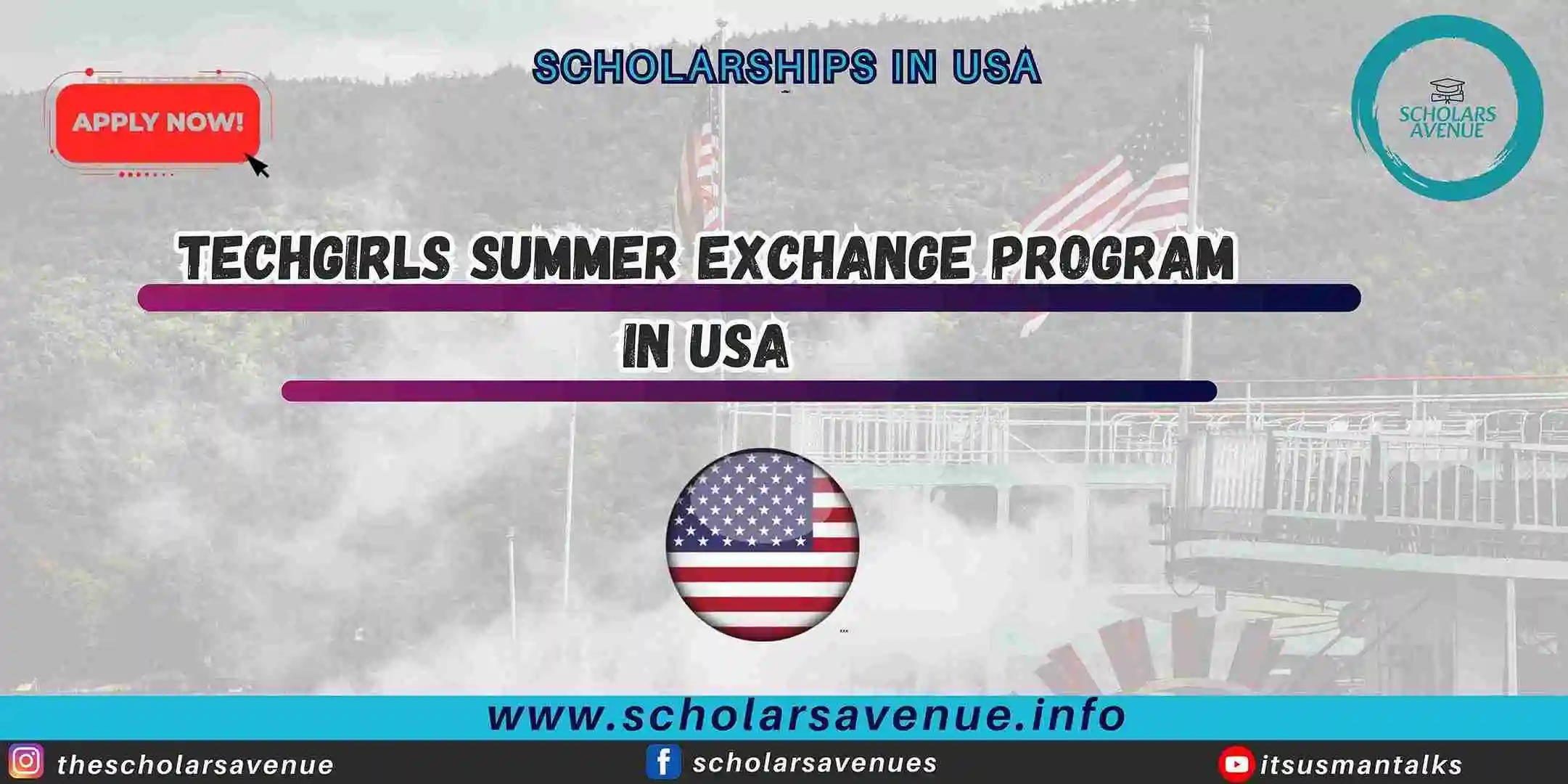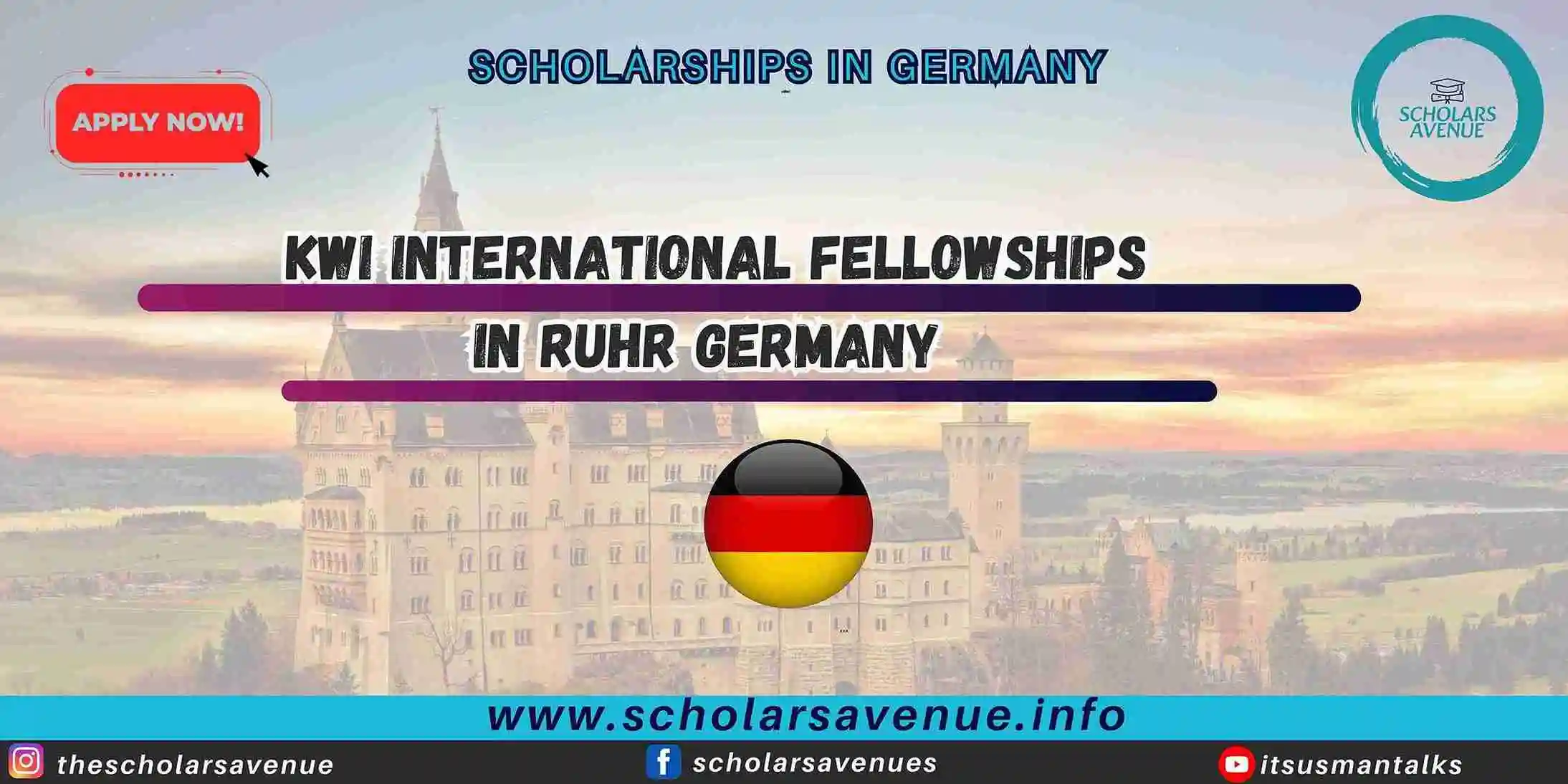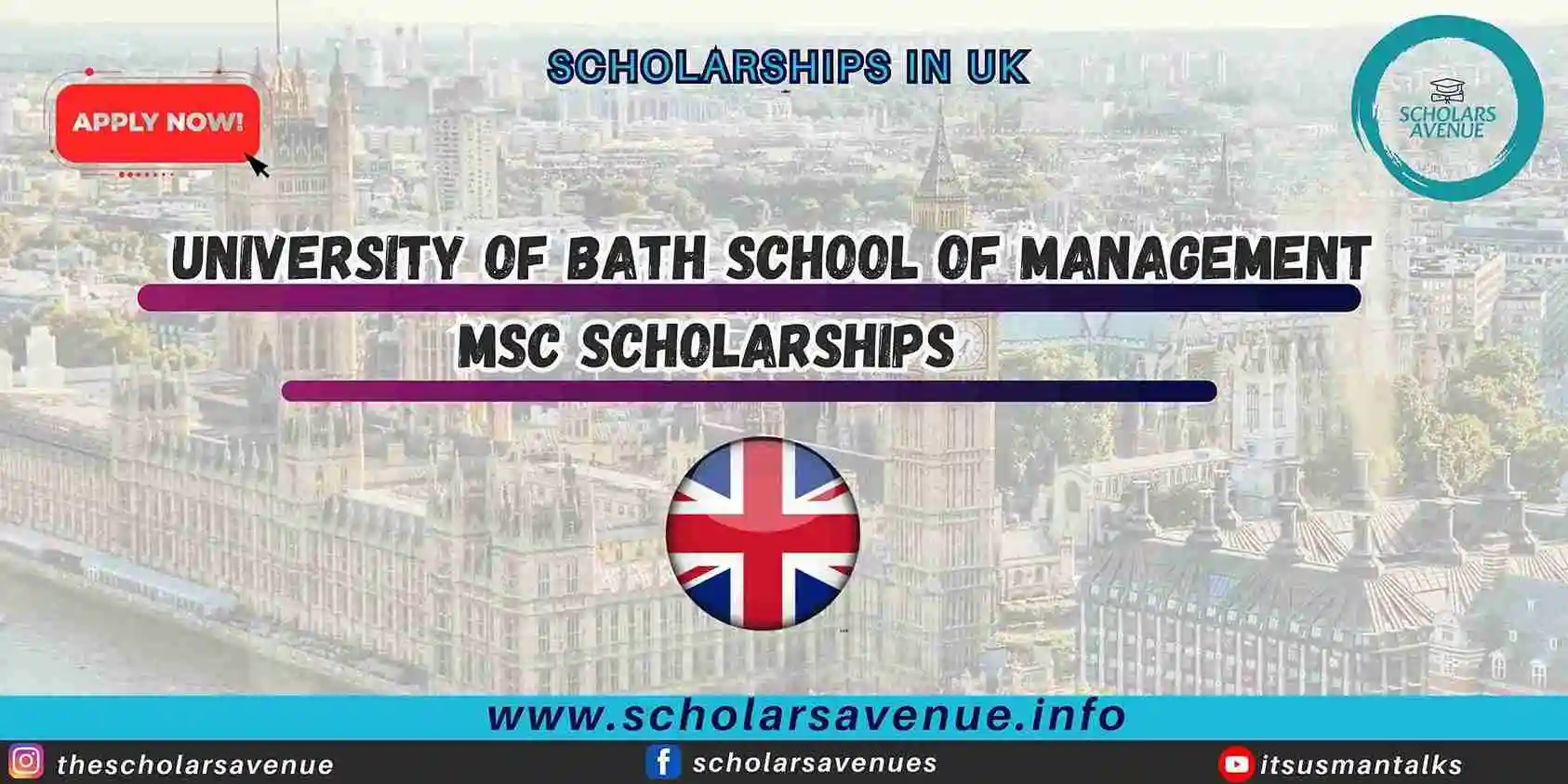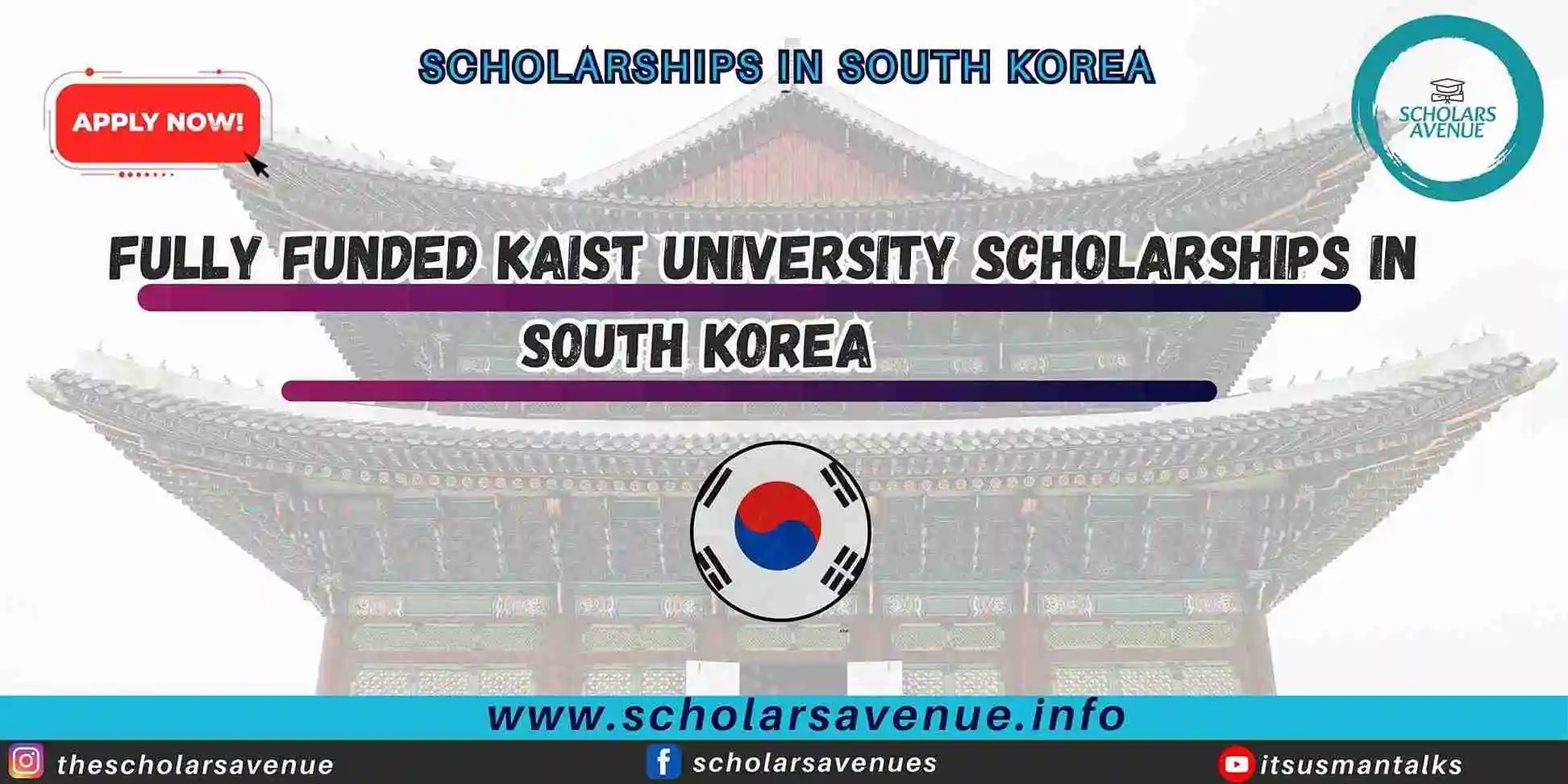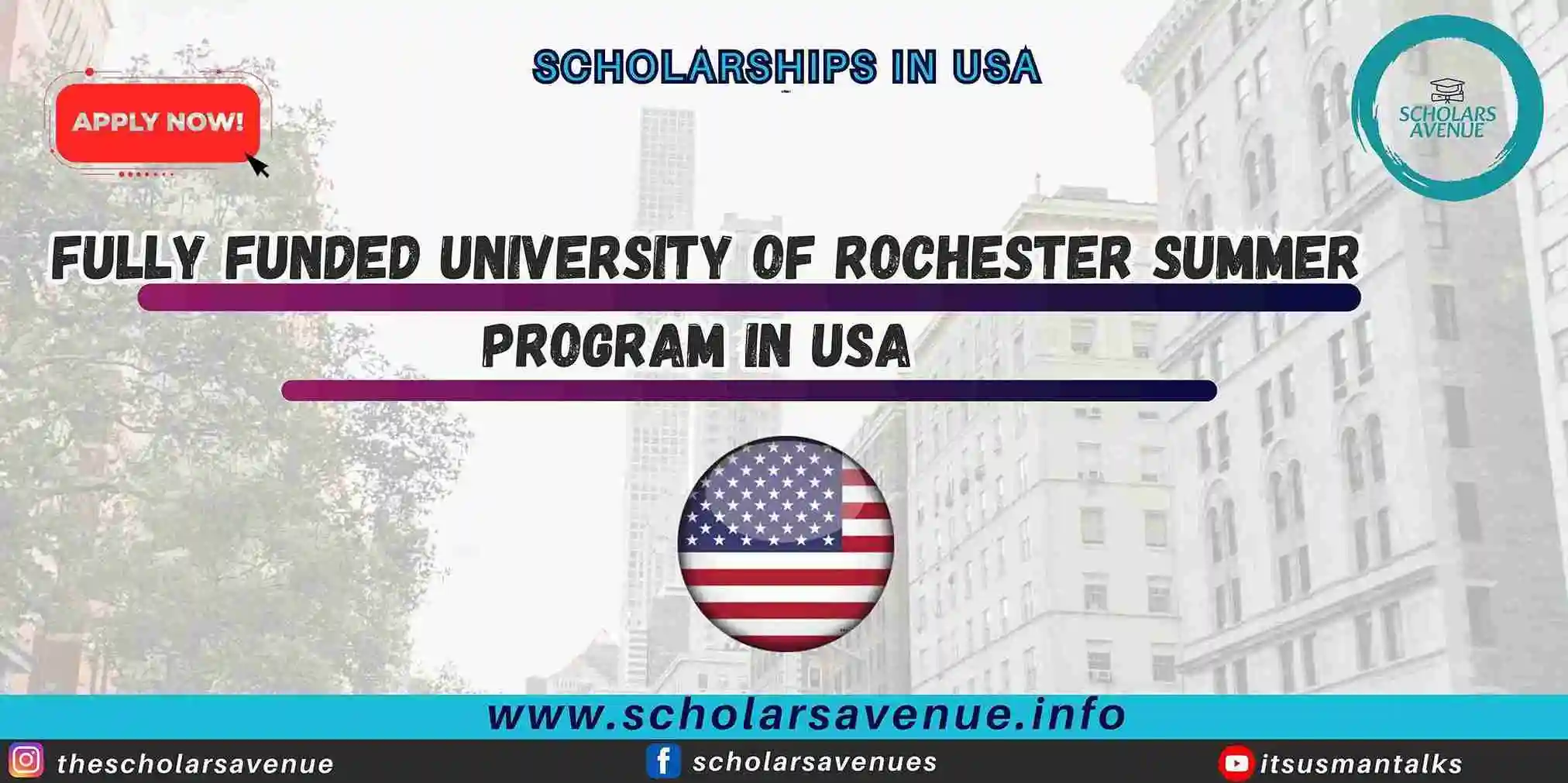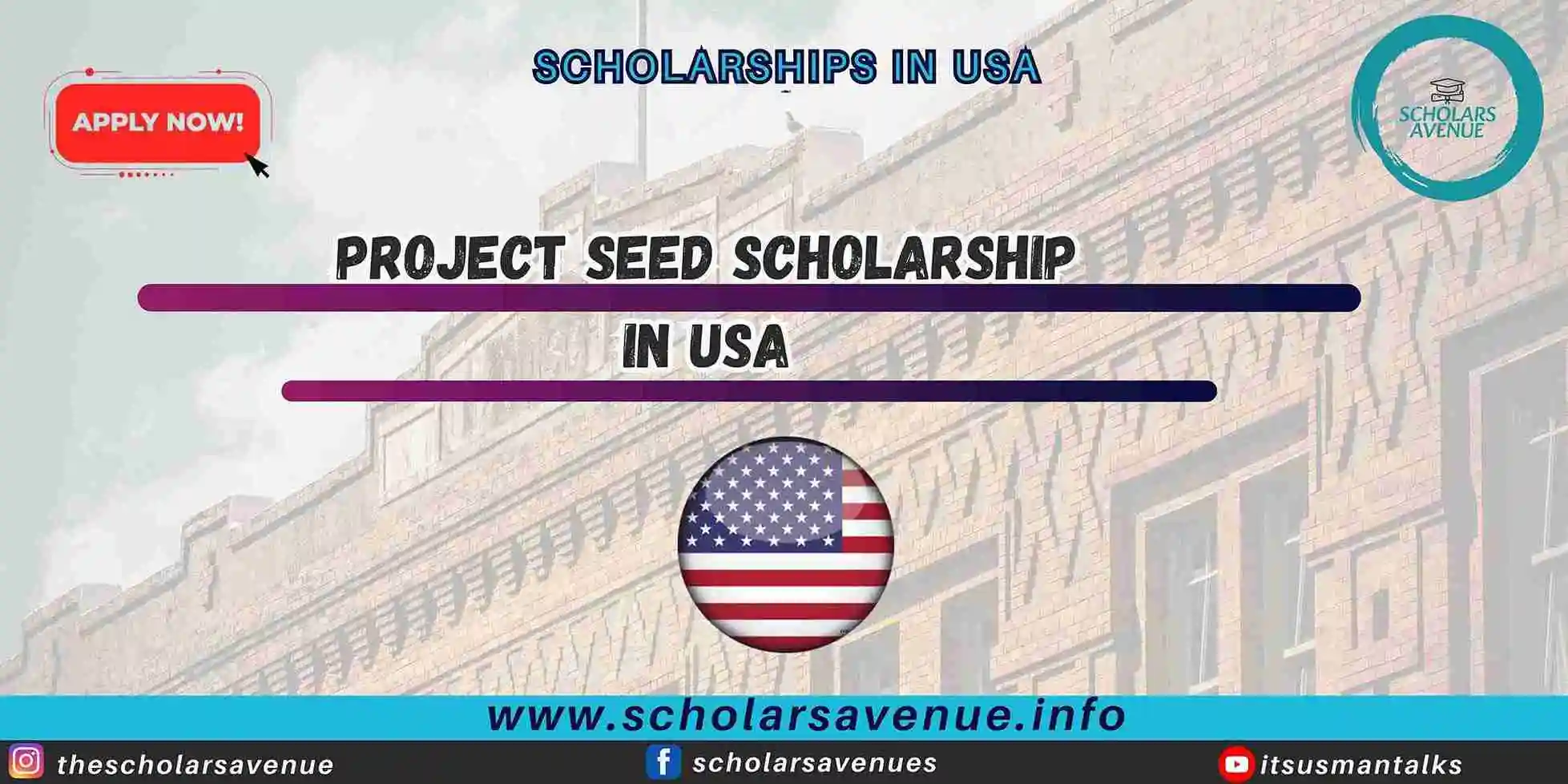For international students to broaden their academic scope and fully experience many cultures, studying in Europe with EU Scholarships presents a remarkable chance. The European Union (EU) offers several grants especially for non-EU nationals with first-rate colleges and research institutions. Aiming to promote world cooperation, these highly sought scholarships draw bright candidates and professionals. The EU grants are a portal to higher education as well as a means to support cross-border knowledge and invention development. Several scholarships serve non-EU students, providing monetary aid and academic enrichment if you’re seeking to learn in the EU.
EU scholarships for non-EU citizens are available in a variety of disciplines, ranging from science and engineering to social sciences and humanities. These scholarships aim to promote excellence, diversity, and inclusion in higher education and research. Furthermore, they provide a unique platform for students to collaborate with peers from different parts of the world, contributing to the EU’s goal of fostering global cooperation. In this blog, we explore some of the most prestigious EU scholarships and fellowships available for non-EU citizens, detailing their eligibility requirements and coverage.
Also check, Fellowships for Young Leaders and Changemakers
1. Erasmus Mundus Joint Master Degrees (EMJMDs)
Erasmus Mundus is one of the most well-known EU scholarships that offers full scholarships to non-EU citizens for master’s degree programs across Europe. The Erasmus Mundus Joint Master Degrees (EMJMDs) are designed to promote the EU’s higher education system and encourage international cooperation. This scholarship covers tuition fees, travel expenses, and living costs, offering an excellent opportunity for students to study in multiple countries while gaining invaluable academic and cultural experiences.
Eligibility:
- Applicants must hold a bachelor’s degree or equivalent.
- Applicants must not have resided or carried out their main activity in the EU for more than 12 months in the past five years.
- Must demonstrate a high level of academic excellence and motivation.
What it Covers:
- Full tuition fees.
- Monthly subsistence allowance.
- Travel expenses and insurance coverage.
- Possibility to study in up to three different European countries.
2. Marie Skłodowska-Curie Actions (MSCA)
Marie Skłodowska-Curie Actions (MSCA) are European Commission-funded fellowships aimed at enhancing researchers’ careers through mobility, training, and collaboration. These scholarships support doctoral and postdoctoral researchers, with a special focus on non-EU citizens, enabling them to work in renowned European research institutions. MSCA fosters international, interdisciplinary, and intersectoral mobility for researchers, contributing to the EU’s long-term competitiveness in research and innovation.
Eligibility:
- Applicants must hold a doctoral degree or equivalent.
- Must have less than 8 years of experience in research.
- Must not have resided in the country of the host organization for more than 12 months in the last 3 years.
What it Covers:
- Salary and living allowance.
- Research, training, and travel costs.
- Family allowances (if applicable).
3. Horizon Europe
Horizon Europe, the EU’s flagship research and innovation program, offers various fellowships and funding opportunities for non-EU citizens. This program focuses on supporting researchers, innovators, and institutions tackling global challenges. Horizon Europe promotes collaborative research across borders and provides funding for projects with strong scientific and technological potential. It plays a crucial role in advancing Europe’s research capacity and global partnerships.
Eligibility:
- Researchers must have a recognized doctorate or equivalent experience.
- Applicants from non-EU countries must have a proven record in research.
- Collaboration with EU partners is a key element of applications.
What it Covers:
- Research grants and funding for collaborative projects.
- Mobility allowances.
- Funding for innovative technologies and research infrastructures.
Also check, Scholarships for Women in STEM
4. The European Research Council (ERC) Grants
The European Research Council (ERC) offers some of the most prestigious EU scholarships for non-EU citizens. The ERC provides funding for individual researchers in all fields of science, from physical and life sciences to social sciences and humanities. The aim is to support ground-breaking and innovative research projects. The ERC grants are available to exceptional researchers from all over the world who wish to work in the EU.
Eligibility:
- Researchers must have an excellent track record in their research area.
- Must hold a PhD or equivalent qualifications.
- Open to researchers from all over the world, including non-EU citizens.
What it Covers:
- Competitive salary.
- Research costs.
- Mobility and family allowances.
- Research and training grants.
5. EU Global Fellowships
EU Global Fellowships are part of the Marie Skłodowska-Curie Actions and support non-EU researchers through a multi-stage fellowship program. The aim is to build stronger links between Europe and the rest of the world by fostering international collaboration. These fellowships offer researchers the chance to gain European experience and contribute to the global research community.
Eligibility:
- Must be an experienced researcher with a doctoral degree.
- Applicants must have worked in non-EU countries for at least five years.
- Must meet specific requirements based on the research area.
What it Covers:
- Living allowance and salary.
- Travel and research allowances.
- Family support (if applicable).
6. The Fulbright Program in Europe
While the Fulbright Program is a U.S.-based initiative, it offers scholarships for non-EU students to study or conduct research in EU member states. The Fulbright Program is designed to increase mutual understanding between the U.S. and EU countries by providing opportunities for academic exchange. The program is highly competitive and covers a wide range of disciplines.
Eligibility:
- Applicants must be U.S. citizens or residents but wish to study in Europe.
- Must have a strong academic background and research potential.
What it Covers:
- Full tuition fees.
- Living expenses.
- Travel allowances.
Also check, Funding Opportunities for Refugee and Displaced Students
EU scholarships are an exceptional opportunity for non-EU citizens seeking world-class education and research opportunities. These scholarships promote international cooperation, academic brilliance, and the growth of abilities needed for global innovation. From Erasmus Mundus to Horizon Europe and ERC Grants, these initiatives provide ambitious students and researchers a broad spectrum of choices. Non-EU nationals may gain significantly from an enriching educational experience in Europe that will influence their future in important ways.
Looking to maximize your chances of acceptance?
Consider using our Professional Services to polish your application and stand out from the crowd.
For detailed videos on relevant opportunities check out:
Frequently Asked Questions (FAQs)
Can non-EU citizens apply for EU scholarships?
Yes, many EU scholarships are specifically designed for non-EU citizens seeking to study or research in Europe.
Are EU scholarships fully funded?
Several EU scholarships, like Erasmus Mundus and Marie Skłodowska-Curie Actions, offer full funding including tuition, travel, and living costs.
Do I need to know a European language to apply for EU scholarships?
Most programs are in English, especially master’s and doctoral levels, so fluency in English is usually sufficient.
Do EU scholarships require me to return to my home country after graduation?
Not usually. Many fellowships offer post-study work options or don’t restrict your post-program plans.
What documents are typically required for EU scholarship applications?
Generally, you’ll need academic transcripts, a CV, recommendation letters, a motivation letter, and proof of language proficiency.


